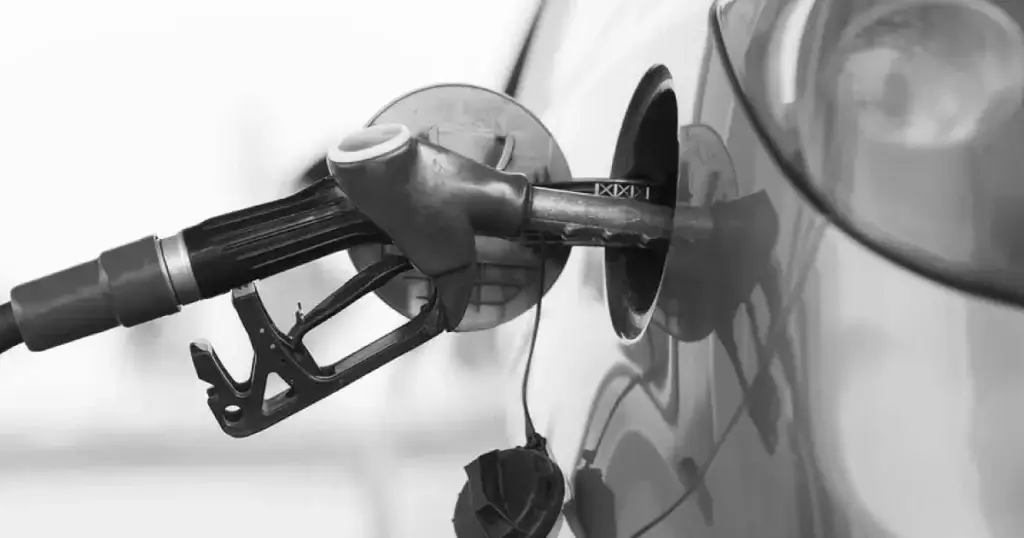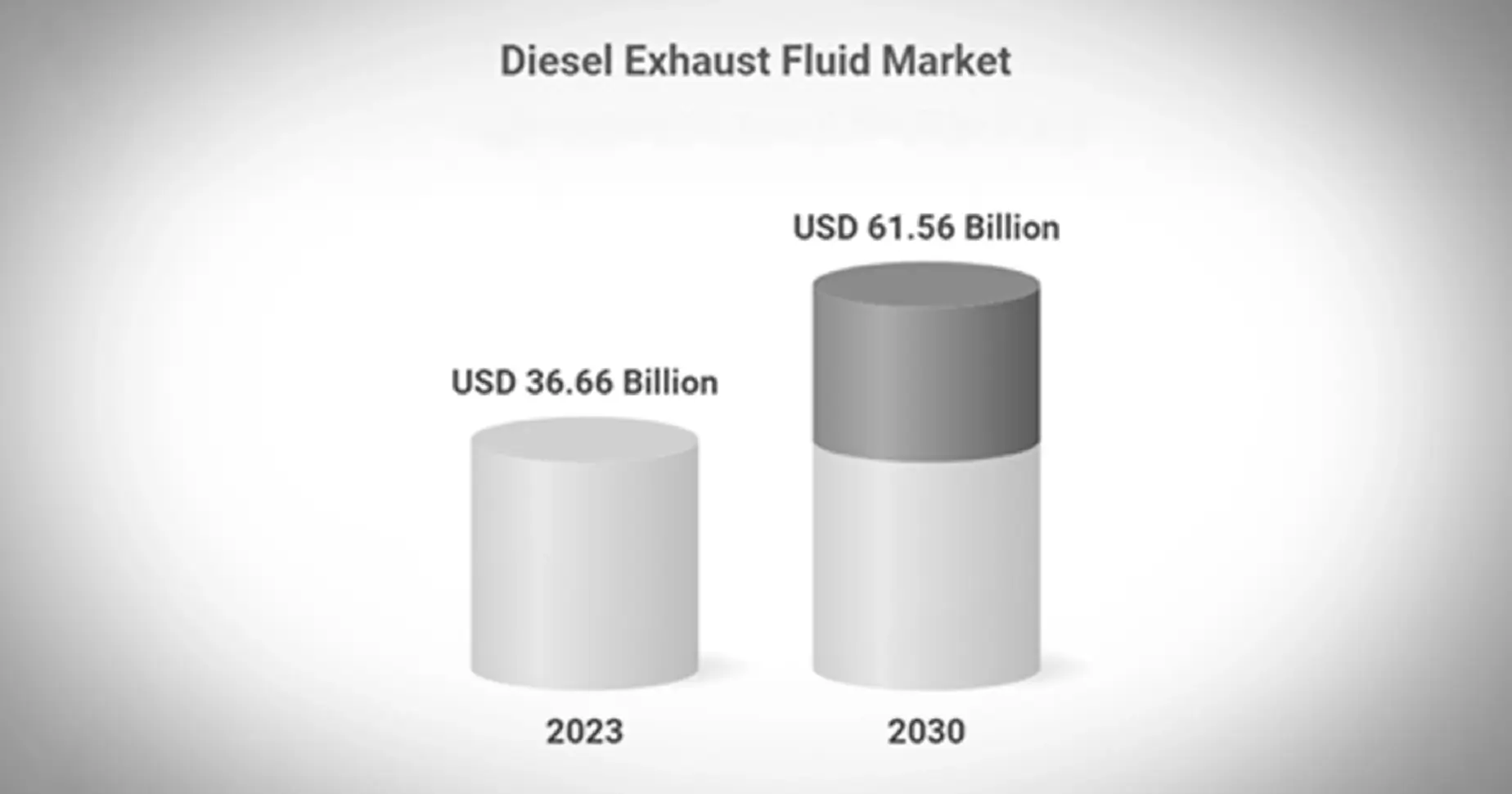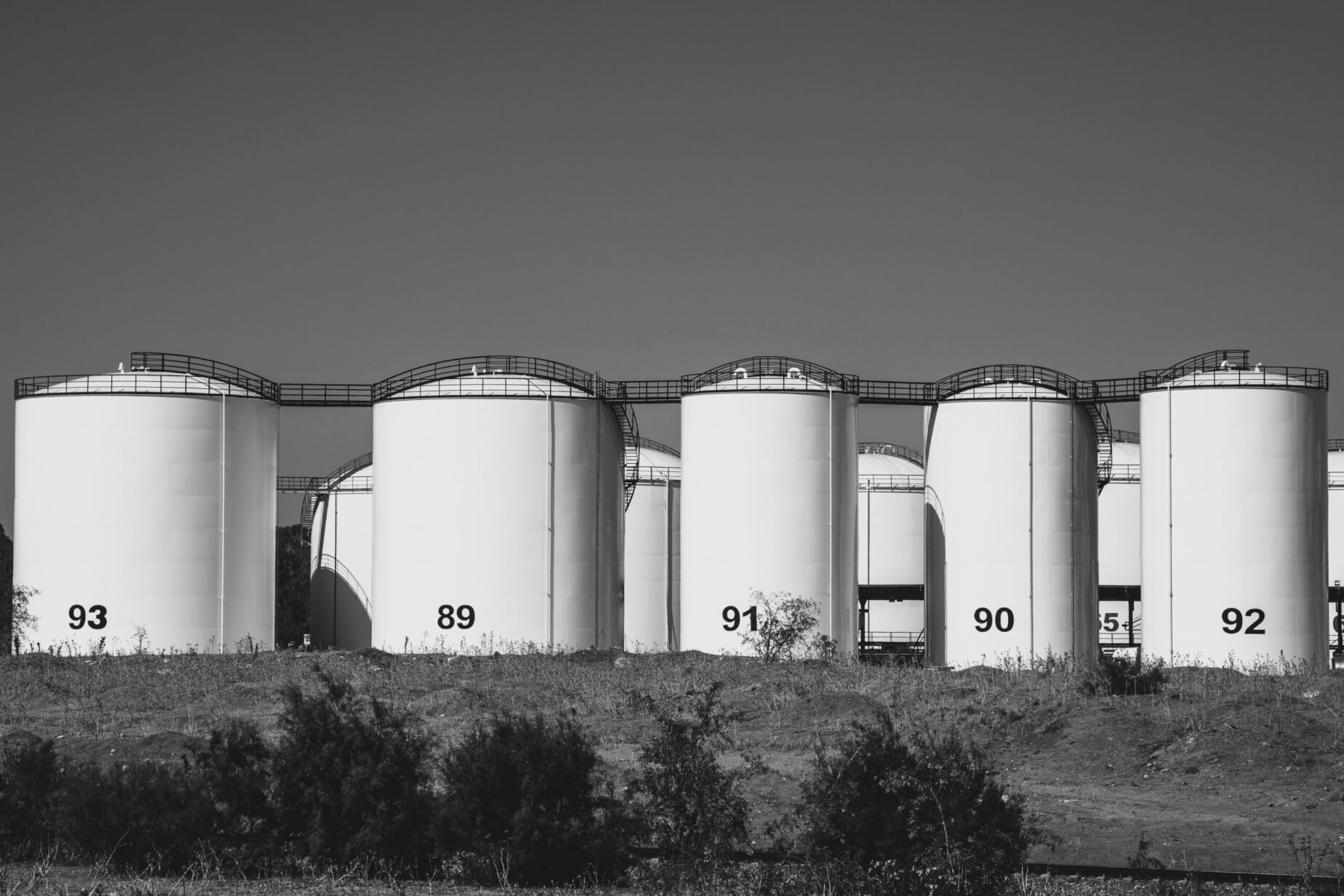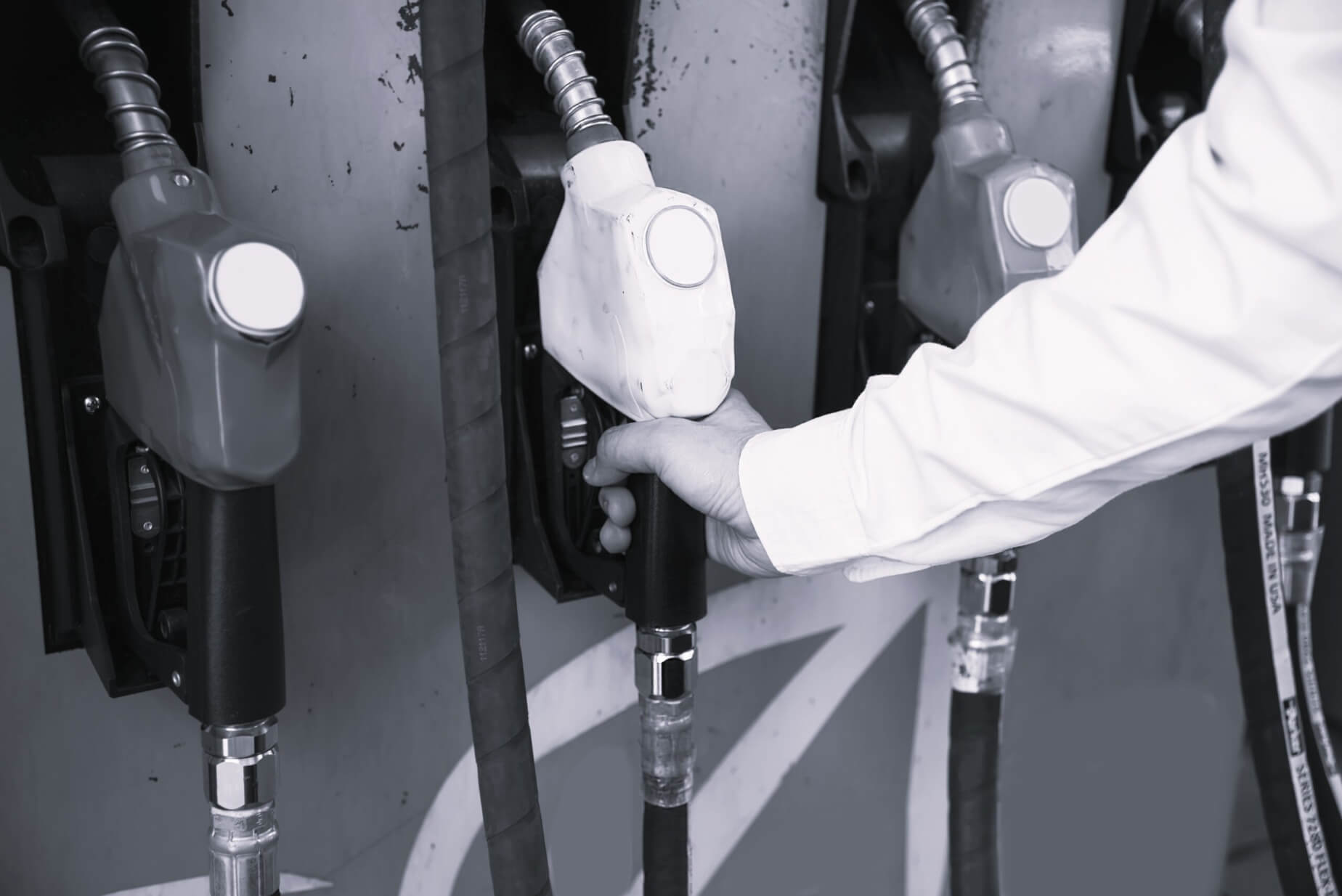Did you know that every year, thousands of people across the globe accidentally fill their gasoline cars with diesel? In fact, diesel in a gas car mistake is so common that roadside assistance companies report it as one of their top service calls—especially in rental car hotspots.
Understanding the consequences of what happens if diesel is filled in a petrol car, is critical because the wrong fuel can do far more than just stall your engine. It can cause lasting damage to your vehicle’s fuel system, potentially leading to expensive repairs.
When diesel is mistakenly put into a gasoline engine, it doesn’t ignite properly. This can lead to symptoms such as the engine failing to start, rough idling, excessive smoke, or even a total engine shutdown. The diesel is not capable to pass through the fuel filter.
Instead, it will clog up the fuel filter and whatever amount of diesel that then makes its way to the engine will clog the fuel injectors, making them inoperable. This will result in the engine gumming up and seizing. The longer diesel sits in the system, the greater the risk of damaged fuel pumps, and contaminated fuel lines.
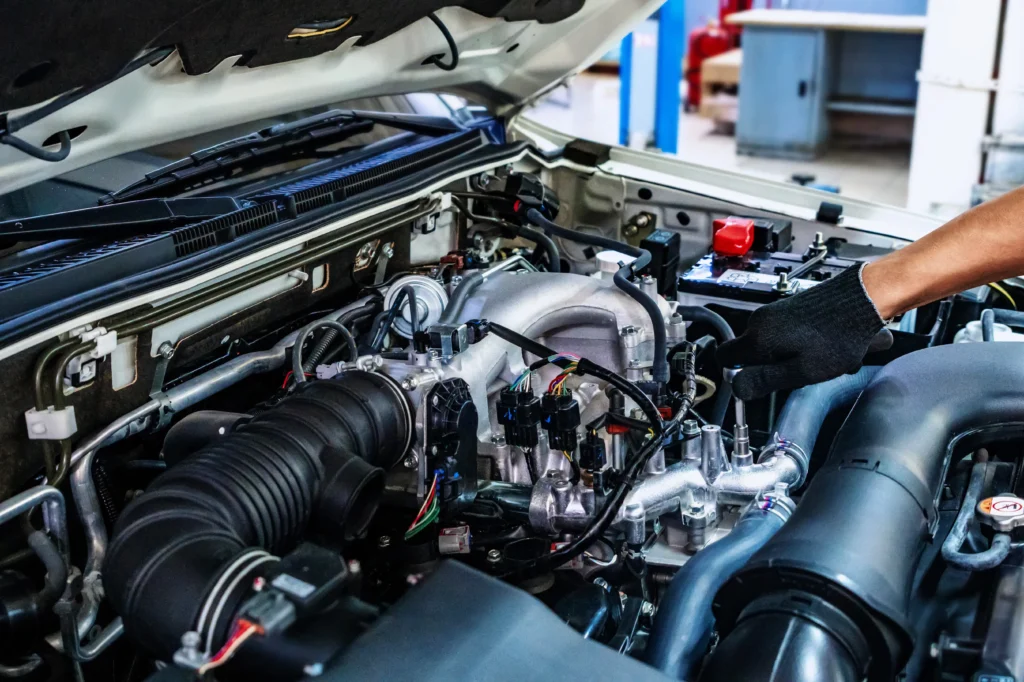
Understanding the Difference Between Diesel and Gasoline
Diesel fuel is denser and heavier than gasoline. Its thicker consistency gives it higher energy content, which also means it’s less volatile than gasoline, making it harder to ignite in a gas engine.
Diesel acts as a lubricant, which is crucial for diesel engines to prevent wear and tear in components like fuel pumps and injectors. Gasoline, on the other hand, lacks these lubricating properties, as gas engines don’t need them.
Gasoline is far more volatile than diesel, meaning it vaporizes and ignites more easily. This quick ignition is essential for the operation of gasoline engines, which rely on spark plugs to create controlled explosions.
Diesel engines operate on a completely different principle. They compress air to extremely high pressures, which causes the temperature to rise enough to ignite the diesel without a spark. Diesel engines are built tougher and heavier to handle the immense pressure and heat generated during this process. There are also different diesel fuel grades that needs to be checked and understand.
They also have specialized injectors and pumps that handle the dense, lubricating properties of diesel fuel. Diesel’s higher density can clog the fuel injectors in gas engines and damage the fuel pump, which is designed to handle the lighter gasoline.
Immediate Effects of Putting Diesel in a Gas Car
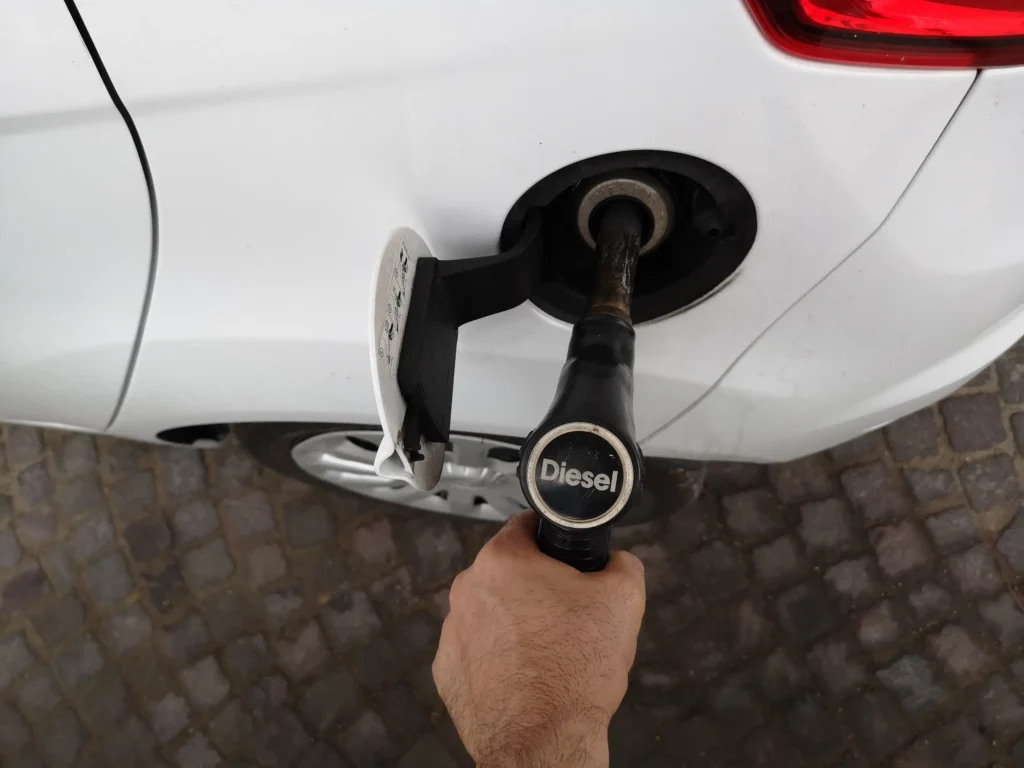
You might be wondering, how long does it take for diesel to ruin a gas engine? Well, the effects will be almost immediate.
When diesel fuel is introduced into a gasoline engine, the first noticeable issue is with ignition. Diesel, being less volatile than gasoline, doesn’t vaporize easily and thus cannot ignite through a spark. As a result, when you turn the key, the engine will either fail to start or struggle to fire up.
Here are some of the diesel in gas engine symptoms you can look out for:
- The engine may crank but fail to start.
- If some gasoline remains in the fuel lines, the car might start but will run very rough. The car could jerk, vibrate, or stall unexpectedly.
- You’ll notice a significant drop in power, with the engine struggling to maintain speed or respond to acceleration.
- The car’s computer may detect misfires or abnormal combustion patterns, triggering the check engine light.
You may also hear knocking or sputtering sounds, which occur as the engine misfires, due to improper combustion. The mismatch between the fuel and the engine’s design creates erratic firing, leading to metallic knocking noises, especially during acceleration.
This unburnt fuel can also produce thick black or gray smoke from the exhaust. The smoky exhaust is a clear sign that the fuel isn’t burning as intended, which can be harmful to both the engine and the environment.
Potential Damage When You Put Diesel in Your Gas Car
1. Fuel System Contamination
Gasoline fuel pumps are designed to move a thinner, more refined fuel. Diesel, being thicker, strains the fuel pump as it tries to move this denser liquid through the system. This can cause the pump to overheat or wear out prematurely.
Diesel’s oily nature causes it to get trapped in gasoline filters, which are not designed to handle the density or contaminants present in diesel. Once clogged, the filters will restrict fuel flow, causing the engine to starve for fuel and eventually stall.
2. Engine Damage
The engine may overheat due to misfires and improper combustion of diesel, which puts additional stress on components like the head gasket, pistons, and valves. Unburnt diesel fuel can enter the catalytic converter, leading to overheating and damage to this essential emissions-control component.
3. Long-Term Consequences
Depending on how far the diesel has moved through the system, the repair costs could range from:
- $500-$1,500 for fuel system cleaning and component replacements (like filters and fuel injectors).
- $1,000-$3,000+ if damage has spread to the engine, requiring major repairs or parts like fuel pumps, injectors, or even the catalytic converter.
If you were to add gas in diesel engine, repair costs and damage would approximately be the same, since they work in completely different ways. So it’s best to pay attention while fueling your car to avoid making the same mistake.
Steps to Take if You Put Diesel in a Gas Car
Here’s what to do if you put diesel in a gas car:
1. Do Not Start the Engine
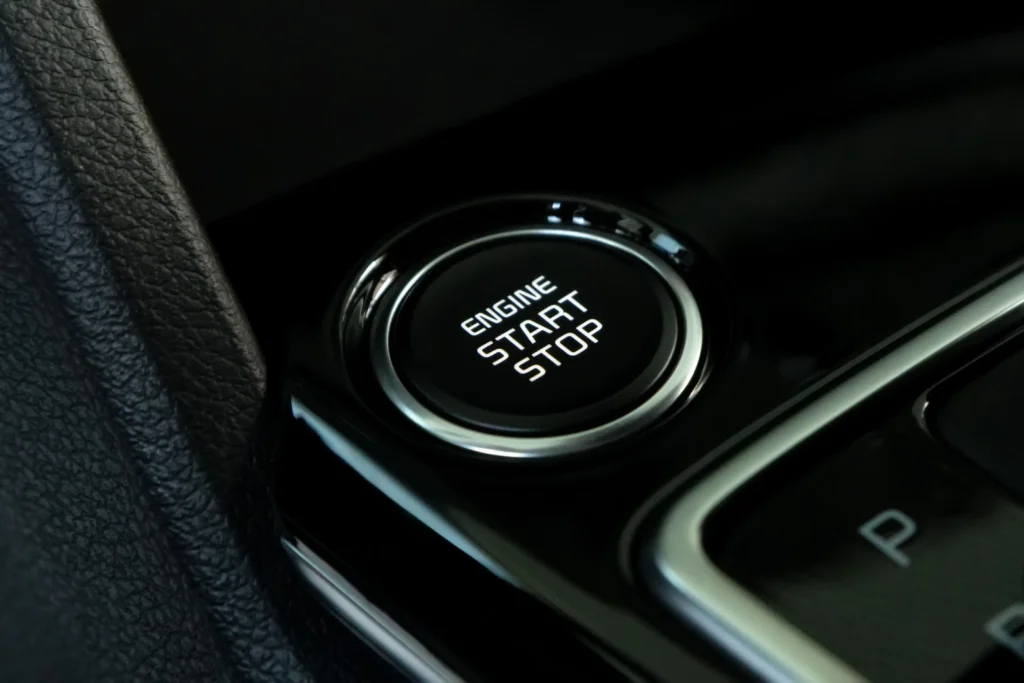
The most important thing to remember if you accidentally put diesel in a gasoline car is not to start the engine. Once the diesel flows from the fuel storage tank into the fuel lines, injectors, and engine, it can lead to clogged components and make the cleanup process more complex and costly. The damage will escalate quickly if the diesel makes its way to critical parts like the fuel pump or engine.
2. Remove the Diesel Fuel
This is not a task for DIY enthusiasts. A professional mechanic has the tools and expertise needed to safely drain the fuel tank and flush out the diesel.
The mechanic will typically use specialized equipment to siphon or pump the diesel out of the fuel tank. After the diesel has been removed, the mechanic will flush the fuel system by running gasoline through the fuel lines, fuel pump, and injectors.
3. Post-incident Inspection
Pay attention to the car’s performance after the diesel is removed. If you notice any unusual sounds, rough idling, engine misfires, or loss of power, have the car inspected by a mechanic immediately.
4. Tips for Monitoring the Car After the Incident
After the fuel system has been cleaned, watch for any lingering signs of trouble. These could include hesitation during acceleration, unusual engine sounds, or the check engine light turning on.
Consider scheduling regular fuel system cleanings and inspections to ensure everything is running smoothly. Diesel contamination, even if minor, can leave traces that may affect long-term performance.
How to Prevent Putting Diesel in a Gasoline Car
1. Pay Attention at the Pump
One of the easiest ways to avoid accidentally putting diesel in your gasoline car is to always check the pump labels before filling up. Consider placing a small sticker or label on your fuel cap or dashboard to remind you of the correct fuel type.
2. Be Aware of Fuel Nozzle Differences
Diesel fuel nozzles are typically wider than gasoline nozzles, making it more difficult to fit them into a gas car’s fuel tank. This is a deliberate design to help prevent this exact mistake. However, if you’re not paying attention or using force, it is still possible to partially insert the nozzle.
3. Tips for Rental Cars
Before driving off in a rental or borrowed car, check the owner’s manual, the fuel cap, or the rental paperwork to confirm the correct fuel type. Many vehicles also have a label inside the fuel door indicating the required fuel.
If you’re unsure about the fuel type or nozzle while driving an unfamiliar car, don’t hesitate to ask for assistance at the gas station. It’s always better to be cautious and double-check.
Key Takeaways
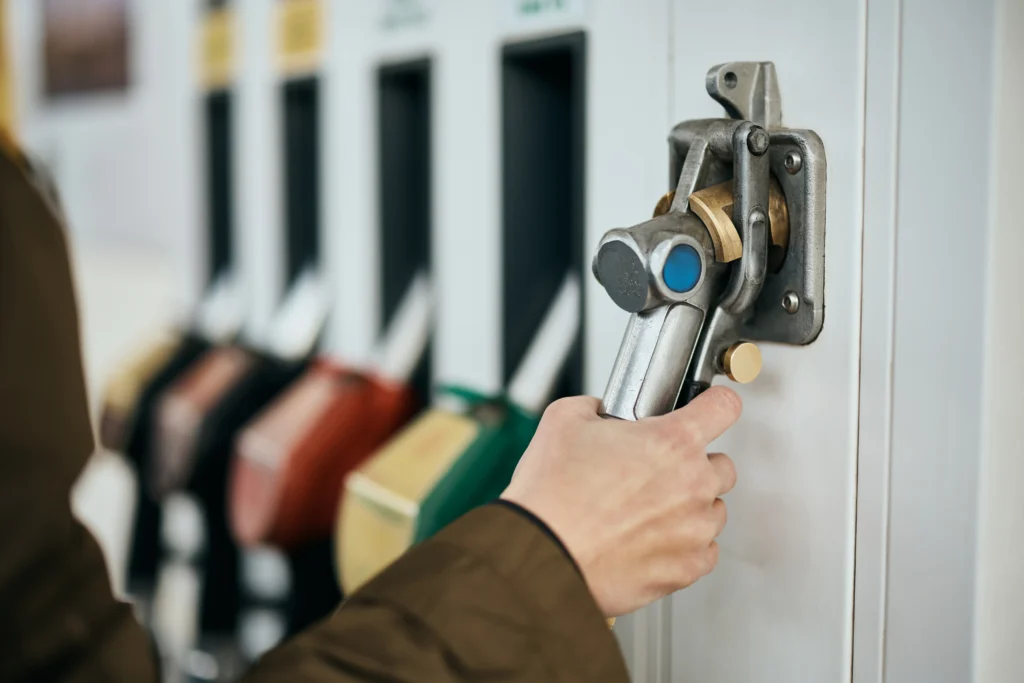
Accidentally putting diesel in a gas car can lead to serious consequences. The thicker, less volatile nature of diesel fuel makes it incompatible with gasoline engines, potentially clogging fuel injectors, damaging fuel pumps, and leading to incomplete combustion. If you start the engine after adding diesel, the fuel can spread through the system, increasing the risk of severe engine damage and costly repairs.
To avoid further harm, do not start the engine if you realize the mistake, and seek professional help to drain and flush the fuel system. After the diesel is removed, a thorough inspection is crucial to ensure no lasting damage.
Prevention is key: always check the pump labels, be mindful of the size and color of fuel nozzles, and be especially careful with unfamiliar vehicles like rentals. A few moments of attention can save you from a costly, stressful situation.
FAQs
How much does it cost to flush diesel out of a car?
The cost to flush diesel from a gasoline car typically ranges from $400 to $1,500, depending on how much diesel has been pumped, the extent of contamination, and the vehicle’s make and model. Labor costs and local rates can also affect the total price.
How much diesel will contaminate gasoline?
Even a small amount of diesel, as little as 1% to 2%, can contaminate gasoline and cause noticeable engine performance issues. Diesel fuel thickens the gasoline mixture, making it difficult for a gas engine to function properly.
How much does it cost to fix a gas engine?
If diesel reaches the engine and causes damage, the repair costs can range from $1,000 to $3,000+. This could include cleaning the fuel system, replacing injectors, spark plugs, or even repairing or replacing the engine if significant damage occurs.
Does insurance cover putting the wrong fuel in a car?
In some cases, **comprehensive insurance** policies may cover the costs of repair after misfuelling. However, it depends on the specifics of your insurance policy. Some policies explicitly exclude coverage for driver mistakes, while others may help with mechanical repairs related to misfuelling.
What happens if you mix diesel and gas?
Mixing diesel with gasoline leads to incomplete combustion, engine misfires, and contamination of the fuel system. Diesel’s thicker consistency clogs fuel injectors, fuel lines, and filters, causing the engine to run poorly or not start at all. Prolonged use can cause extensive damage to the engine, fuel system, and catalytic converter.
Take your Fueling Experience to the Next Level!
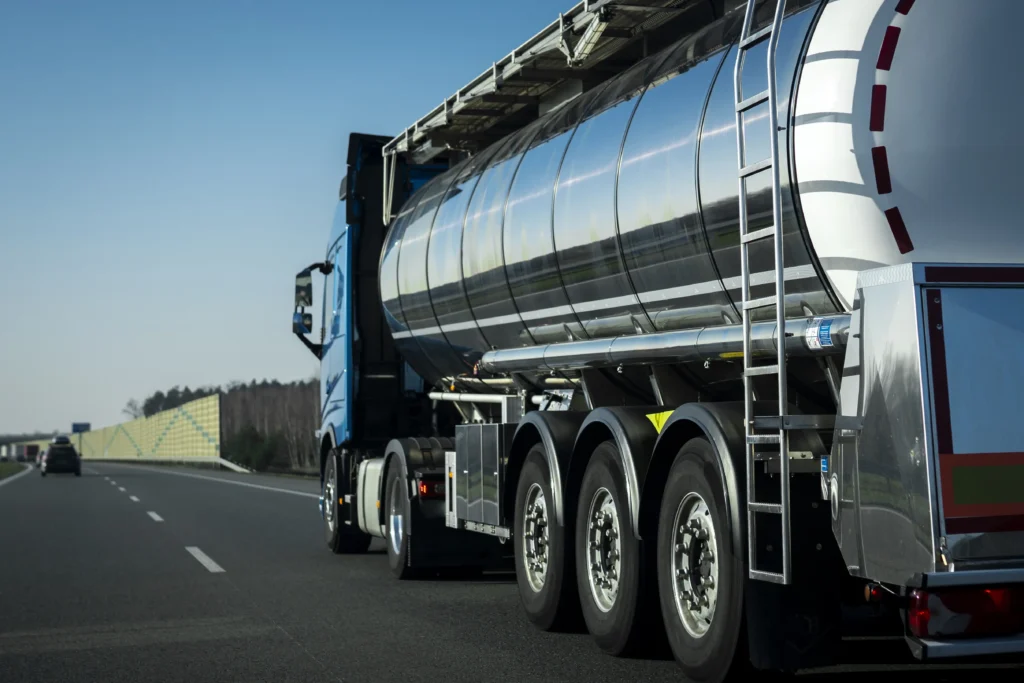
For professional assistance with fuel handling and mobile fuel delivery needs, contact Fuel Logic. Our expert team can help with any fuel-related issues and ensure a smooth refueling process. Explore our DEF and fuel delivery services.
Need immediate help? Call Fuel Logic for prompt support.
We provide nationwide fuel delivery.
For further details, check out our FAQs or order fuel directly from our website.
Stay informed and proactive to keep your vehicle running smoothly!

